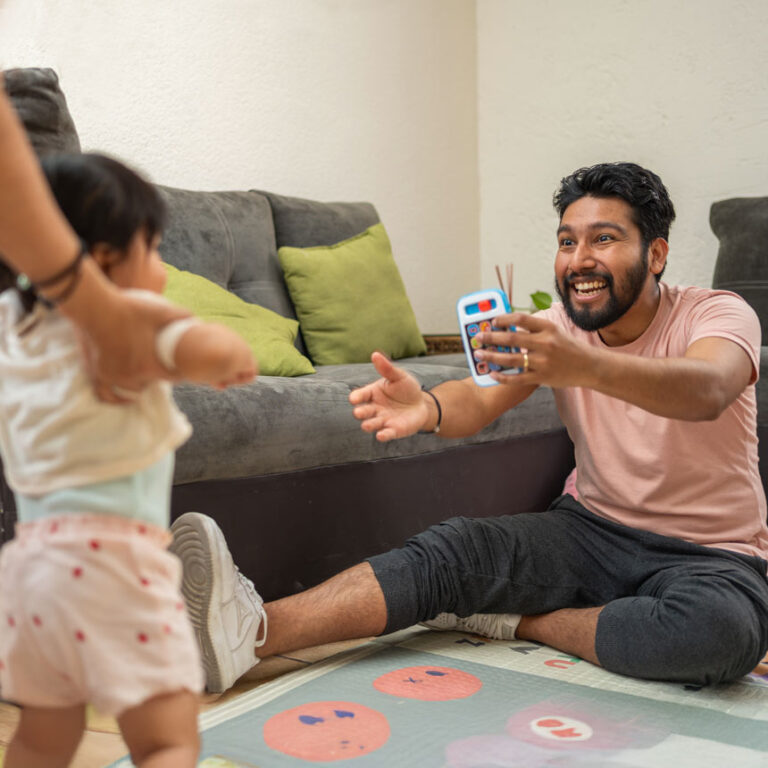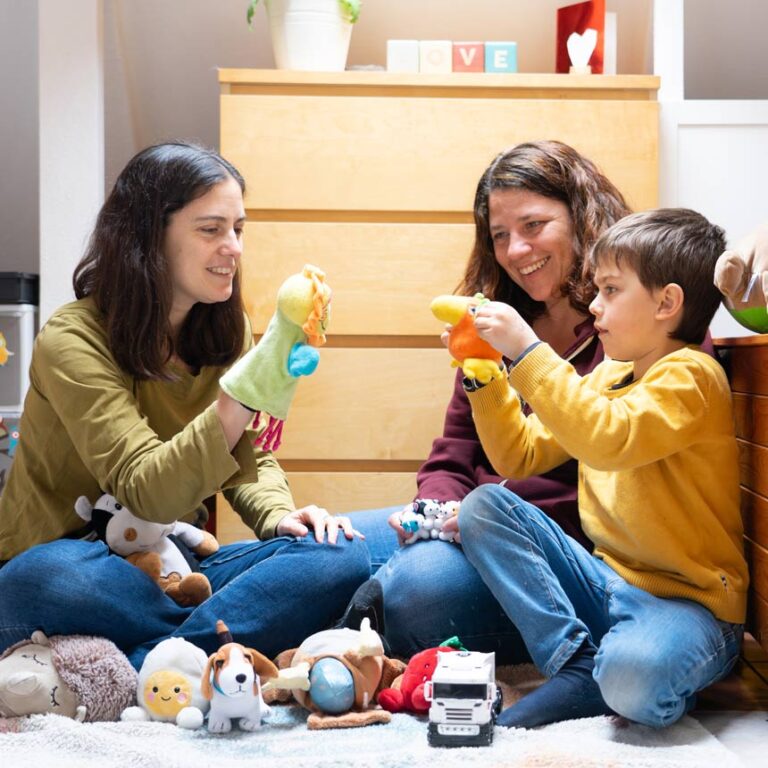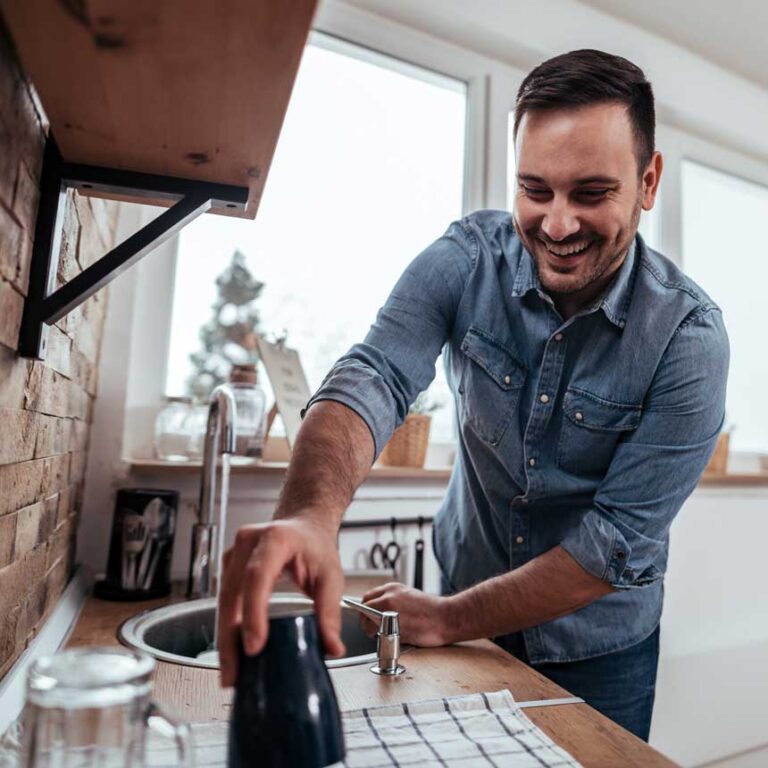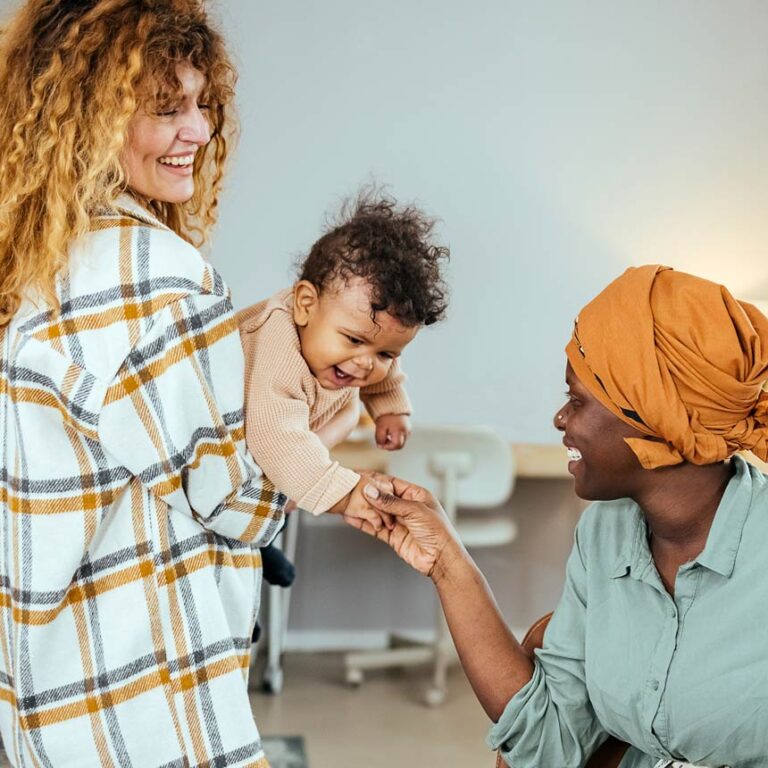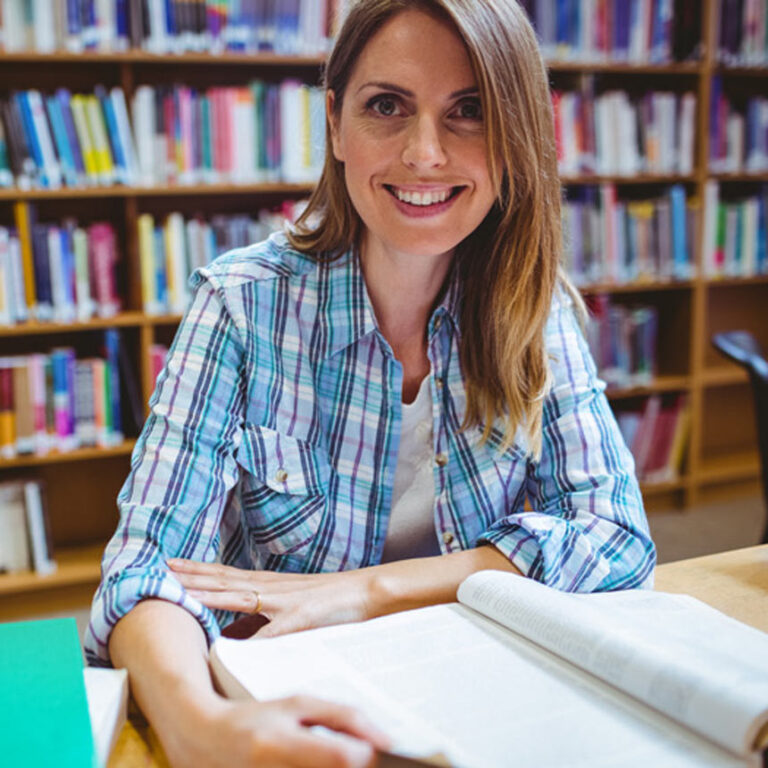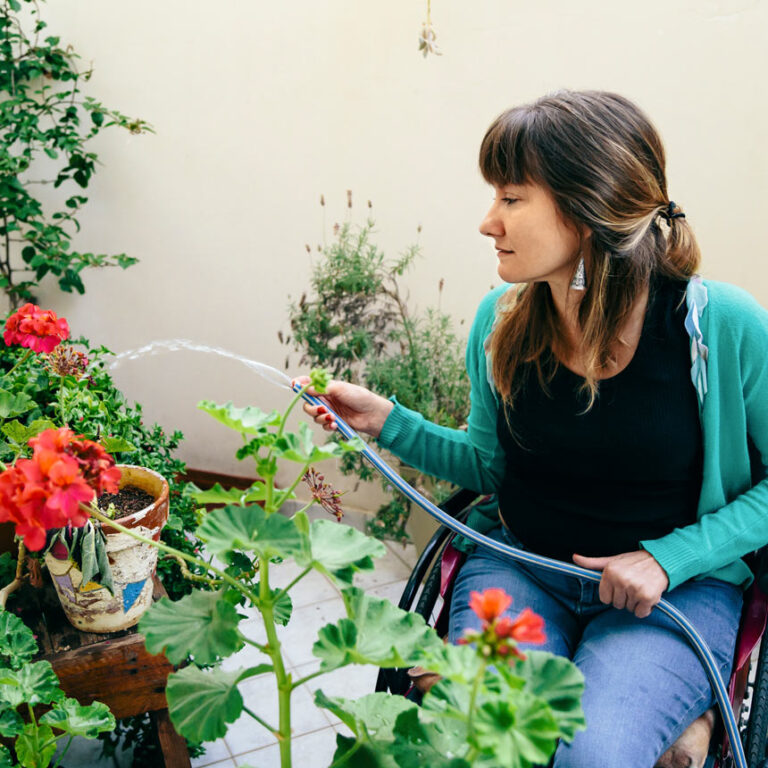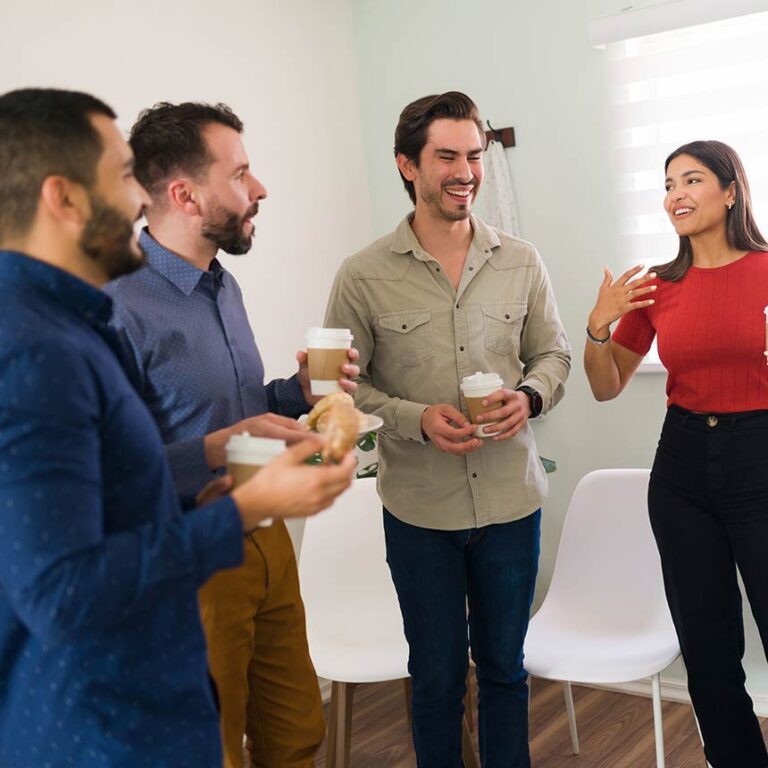Changing Her Life Allows Her to Help Others
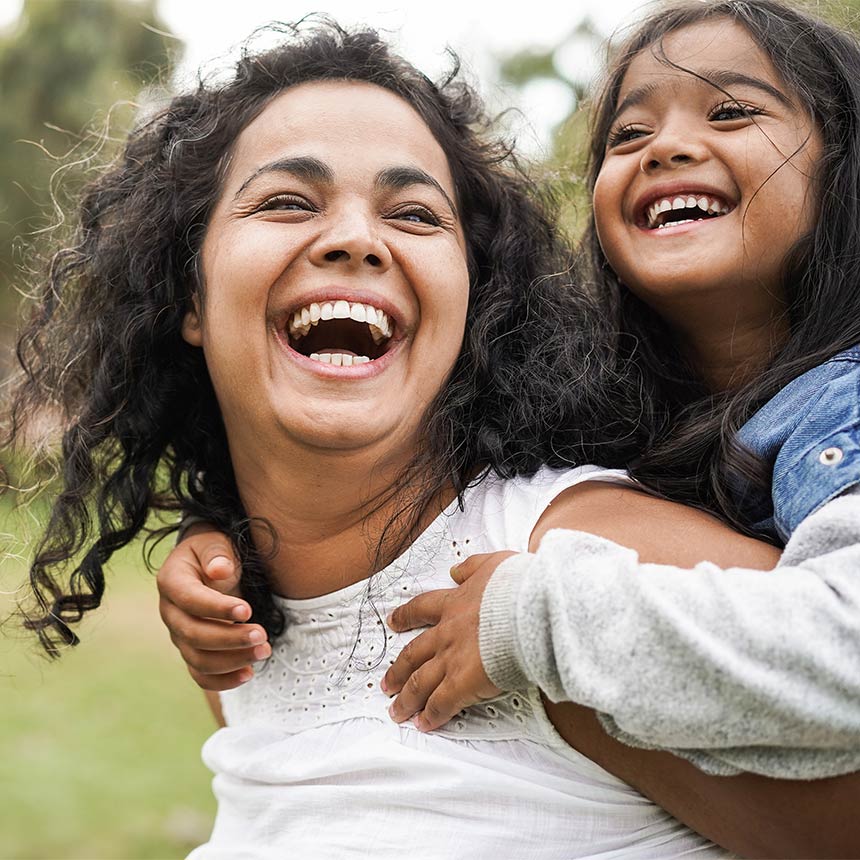
“As long as I can remember, I’ve struggled with anxiety and depression,” says Rachel [not her real name]. “And I had an unhealthy relationship with alcohol and drugs. But for many years I still managed to function in society and as a parent. Then my sister passed away in a car accident and my life showed up in a way that I didn’t have coping skills to go with.”
Rachel was already being prescribed Oxycontin for headaches and fibromyalgia when Oxycontin was being frequently prescribed and ended up being very addicted to it. She moved on to using meth because she says with a laugh, ‘I told myself I’m not a fool and I’m not going to start using heroin.’
“That’s when my life really got out of control,” Rachel says. “I lost everything. I was going to nursing school and had one term left for my RN degree and I quit. I lost my home, my kids were taken from me into DHS custody. They were able to be placed with family members; I wasn’t able to properly take care of them. I spun out of control.”
In the midst of all of this, Rachel had other life events making things worse. Her father died of cancer, and she simply could not deal with the pain.
“I not only didn’t have the proper coping skills, but I was addicted to drugs,” she says. “What kept me in the addiction spiral was the shame and guilt I had about not being able to be there for my kids. You’d think that it would be [the impetus] to get my stuff together because I want to be a good mom, but I thought they were better off without me. And maybe it was a slow suicide because I didn’t have the guts to just do it, so I was going to do it with drugs. It was about 5 years that I was in my hard, chronic addiction. Then there were all the new dramas that come with that lifestyle of putting yourself in unsafe situations.
“Then through my daughter’s DHS worker, I was connected with a DHS peer support person. He was an old biker dude. He said you can get in the car with me and go to treatment or you can say goodbye to your kids. The DHS timespan for getting your life together and get your kids back was running out. That’s how I got to Project Network.”
Rachel had toured a variety of treatment centers in Portland, but her anxiety wouldn’t allow her to sit still, and she kept walking out. But she says Project Network was different. She was sitting next to the door at Project Network, anxiously waiting to run, when Miss Cheryl, one of the counselors, came up. Miss Cheryl told her, ‘you know you can just go lie down; you don’t need to do anything.’ That simple kindness and the fact that Project Network allowed all mothers to have their young children with them made the difference. Rachel stayed seven months, although DHS wouldn’t allow her to have her baby with her until month six. She’d left treatment before at other sites and they were worried she’d leave again.
“Eventually my daughter was able to come and stay with me at Project Network; then [their staff] helped me get into transition housing and outpatient services at LifeWorks NW’s King site,” says Rachel. “We got to go on spiritual passes after we’d been there for a while at Project Network, and I went with one of the peers to the Delta Park Pow Wow here in Portland. I ran into someone from NAYA Family Center that was doing the Early Childhood Program. She visited me at Project Network, and she got me hooked up with early childhood services and little lessons that could really help me build my confidence. So I got connected to community. Then I did seven months of outpatient at King site.
“I’m very, very grateful,” she says. “My counselor Miss Heidi…I still remember the things that she told me like focusing on myself as a whole person. I have my addiction and mental health that I struggle with and that doesn’t make me a bad person. I know that today I’m a healthier person, physically, spiritually and emotionally than I was before my addiction. Learning to breathe was life-changing for me. And without those skills, I wouldn’t be able to be sober today.
“One day Miss Heidi took us on a walk around the neighborhood. I had been there for about 3 months, and my head was finally beginning to clear. I remember seeing the dogwood trees in full bloom, and thinking, ‘that’s the most beautiful thing I’ve ever seen.’ When I was stuck in my addiction and trauma, the world had a gray-colored lens. Sustained recovery gave me back the ability to see beauty and our connection as humans to nature.
“My relationship with Native plants has taught me how to be in good relationship with the world. How a cedar tree can stay green and strong even through the roughest winters, digging deep to draw nutrients and water from the soil. How the trees support each other through intricate mycelium networks, sending nutrients to other trees that are struggling. The work I’m most proud of, outside my relationship with my children, is helping other people find connection and healing with plants and nature. Living in the city it’s common not to have access to natural spaces. With some other amazing folks, I was able to co-create a large community healing garden, making space for Native plants, medicinals, and healthy vegetables for the community.
“I have almost nine years of continuous sobriety, not a pain killer when I had a wisdom tooth removed, not a Nyquill when I’m sick. It’s continuous sobriety and clean time. We get to learn new milestones that we reach [in sobriety]. In early recovery it’s radical acceptance of the things that I’m doing because my life is unmanageable, accepting and taking responsibility and doing that work. After so many years, while I’m still a baby in recovery, I’m growing and healing. I can advocate for people and mothers who are in addiction. The system doesn’t always treat them as human. There is a lot of great people that work within the system, but it is also totally socially acceptable to treat women who are addicted to drugs like they are not human, especially mothers.”
But despite the pain from her past, Rachel puts that pain to good use in her work and is continually giving back to others. She now works in community health with a collaborative that aims to reduce fetal alcohol spectrum disorder (FASD) in the Native community and supports healthy families.
“I feel really grateful that my scars have meaning in that way,” she says. “It’s a blessing. I make meaning of them by advocating for other mothers in recovery and addiction utilizing my lived experience.”
Rachel spoke about a number of women she went through treatment with who are still sober and positively impacting the community today. But there were others who didn’t make it and whose children no longer have a mom.
“The thing I’m most grateful for is being able to be my kids’ mom,” she says. “When we leave this world, what we made money-wise or what we had doesn’t matter. But what [matters is the] memories we leave behind for our children. The opportunity I have to create memories with my children—[that] I’m really grateful for.”



